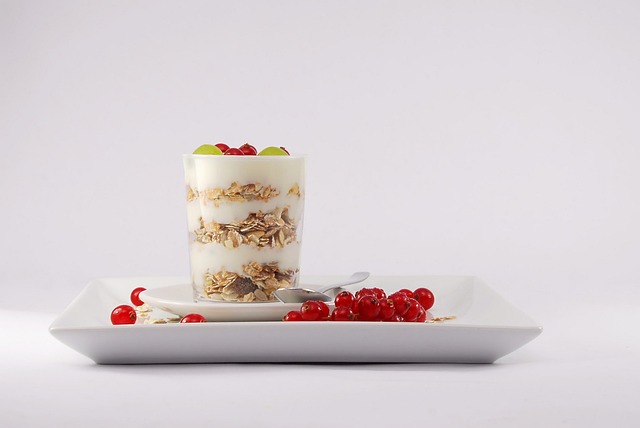Probiotics 101: The Ultimate Guide to Boosting Your Immune System Naturally
Introduction
Probiotics have gained significant popularity in recent years for their potential health benefits. These live bacteria and yeasts are known to promote a healthy gut and have been linked to various other health benefits, including boosting the immune system. In this ultimate guide, we will explore everything you need to know about probiotics and how they can naturally enhance your immune system.
What are Probiotics?
Probiotics are live microorganisms that can provide numerous health benefits when consumed in adequate amounts. The most common types of probiotics are bacteria, such as lactobacillus and bifidobacterium, and yeasts like saccharomyces boulardii. These microorganisms are naturally found in our bodies, but certain factors like poor diet, stress, and antibiotic use can disrupt the balance of good and bad bacteria in our gut.
How Probiotics Enhance the Immune System
Our immune system plays a crucial role in protecting us against harmful pathogens. Probiotics can aid in supporting and strengthening the immune system by:
- Modulating the Gut Microbiota: Probiotics help restore the balance of beneficial bacteria in the gut, creating an optimal environment for immune cells.
- Enhancing Gut Barrier Function: Probiotics promote the production of proteins that strengthen the gut barrier, preventing harmful substances from entering our bloodstream.
- Producing Antimicrobial Substances: Some strains of probiotics can produce natural substances that inhibit the growth of harmful bacteria and viruses, providing a protective effect.
- Regulating the Immune Response: Probiotics can help modulate the immune system’s response, reducing inflammation and promoting an appropriate reaction against pathogens.
Sources of Probiotics
Probiotics can be obtained naturally through certain foods or taken as dietary supplements. Some excellent food sources of probiotics include:
- Yogurt: Look for yogurts that contain live and active cultures, such as lactobacillus or bifidobacterium strains.
- Kefir: A fermented milk drink that contains a variety of beneficial probiotics.
- Sauerkraut: Fermented cabbage that is rich in live bacteria strains.
- Kombucha: A fermented tea containing probiotics and beneficial organic acids.
- Miso Soup: A traditional Japanese soup made with fermented soy, which is a good source of probiotics.
Choosing the Right Probiotic Supplement
If you prefer to take probiotics in the form of supplements, it’s essential to choose the right ones. Consider the following factors:
- Strain Diversity: Look for a supplement that contains a variety of probiotic strains to support a diverse gut microbiota.
- Colony Forming Units (CFUs): CFUs indicate the number of viable microorganisms in a probiotic. Higher CFU counts may be more beneficial.
- Survivability: Ensure the supplement has appropriate coatings or delivery systems to protect the probiotics from stomach acids, guaranteeing their survival until they reach the gut.
- Third-Party Testing: Choose a brand that undergoes independent testing to ensure the quality, potency, and purity of their products.
Precautions and Potential Risks
While probiotics are generally safe for most people, it’s important to exercise caution in certain situations:
- Allergies: Some individuals may be allergic to specific strains of probiotics.
- Immunocompromised Individuals: People with weakened immune systems should consult their healthcare provider before taking probiotics.
- Side Effects: In some cases, probiotics may cause mild digestive symptoms like bloating or gas







